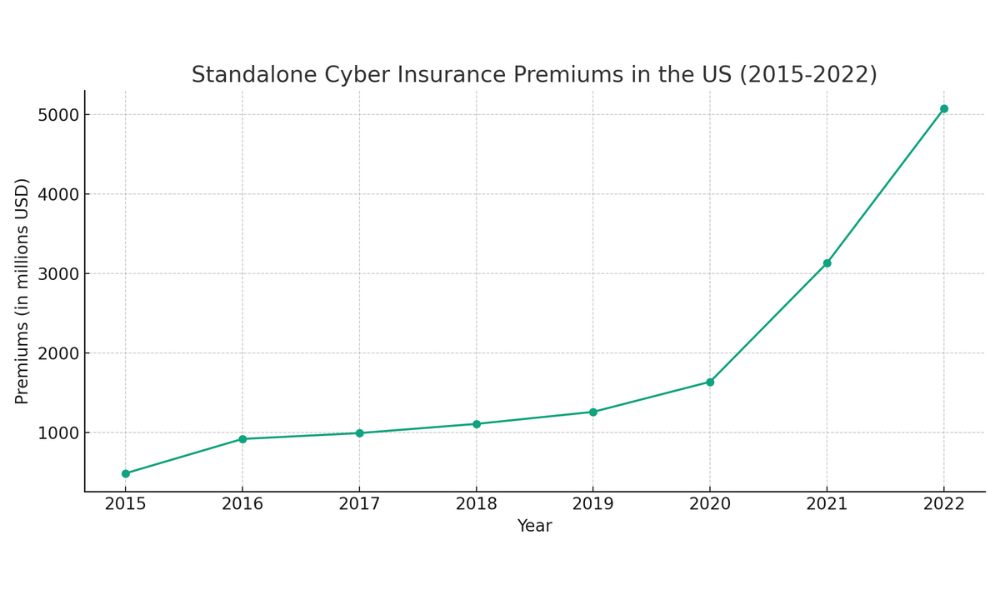
Cyril Ramaphosa, president of the ruling African National Congress and South African president, at a rally in Johannesburg, South Africa, May 25, 2024.
Chris Mcgrath | Getty Images News | Getty Images
Some 30 years after the peaceful transition from apartheid rule to democracy, South Africa could once again be on the threshold of change.
Since coming to power in South Africa’s first democratic elections in 1994, the African National Congress has focused on making inclusivity a cornerstone of the country’s economy.
But its efforts to improve the living standards of the disadvantaged have not always been successful, and the party’s dominance is expected to wane in Wednesday’s election.
Recent polls suggest the ANC under President Cyril Ramaphosa could see its vote share fall below 50% for the first time.
While Nelson Mandela’s party had 57.5% support in the last national election, it was already on the verge of losing its dominance in key areas such as the country’s economic hub, Gauteng.
Of the 62 million population, more than 27.6 million South Africans are eligible to vote. Voter turnout could be a concern as voter apathy increases.
In the last National Assembly election in 2019, voter turnout was 66%, already 7 percentage points lower than in the previous vote. Even with the highest possible voter turnout, the ANC’s result is likely to fall below 50%.
Power outages, unemployment, corruption and crime
The problems facing the country are numerous and remain systemic in nature.
Africa’s most industrialized country has a weak power grid that has led to hours-long blackouts that hamper development and production.
Vehicles drive on a dark street with no lights during a power outage in central Johannesburg, South Africa on February 13, 2023.
Bloomberg | Bloomberg | Getty Images
The country is also struggling with an unemployment rate of nearly 33% – one of the highest in the world – anemic economic growth that may not reach 1% this year and corruption scandals that point to weaknesses in the leadership of the ANC and its affiliates.
Additionally, the country has one of the highest violent crime rates in the world, with 45 murders per 100,000 residents.
This time voters have a lot more choice and a lot more candidates to choose from.
Around 14,889 candidates will fight for 887 seats in at least 70 parties.
As incumbent Ramaphosa runs again, his main rivals include John Steenhuisen of the Democratic Alliance and Julius Malema of the Economic Freedom Fighters.
Former South African President Jacob Zuma dances on stage before addressing his fans at the Puma Stadium in Emalahleni, South Africa on May 26, 2024.
Peranders Pettersson | Getty Images News | Getty Images
They all face a familiar enemy that could serve as a kingmaker in this election. Former President Jacob Zuma is currently the leader of uMkhonto weSizwe, a political party only founded in December 2023.
Zuma, who was sentenced to 15 months in prison for failing to appear at a corruption probe, recently won a court battle that allowed him to run for parliament.
“Significantly negative market reaction”
If the polls are to be believed, the election result will result in South Africa receiving its first coalition government.
Analysts at Fitch Solutions expect the ANC to form a coalition with smaller parties “so that it remains the key political driver.”
However, they pointed to several unexpected – but possible – outcomes that could be received negatively by markets.
“We continue to point to three alternative scenarios: the ANC winning a narrow majority, a coalition of ANC and Economic Freedom Fighters (EFF), or a victory for the opposition coalition, the Multi-Party Charter,” Fitch Solutions analysts wrote at the beginning of month .
“While each of the coalition groupings will present headwinds for policymaking and negatively impact investor sentiment, we note that an ANC-EFF coalition would likely result in a significant negative market reaction, negatively impacting bond yields and the rand would.”
Source link
2024-05-29 05:20:55
www.cnbc.com














